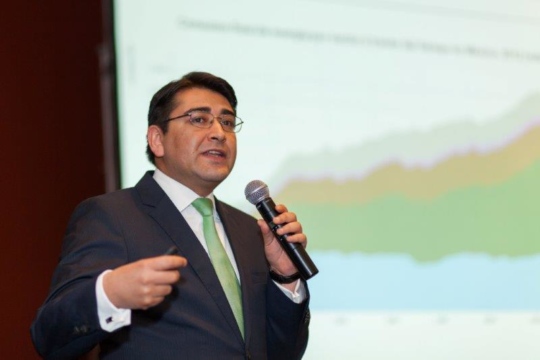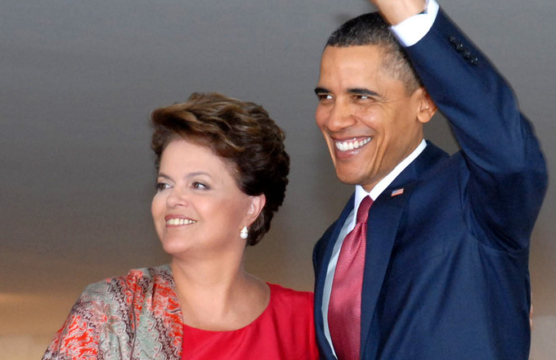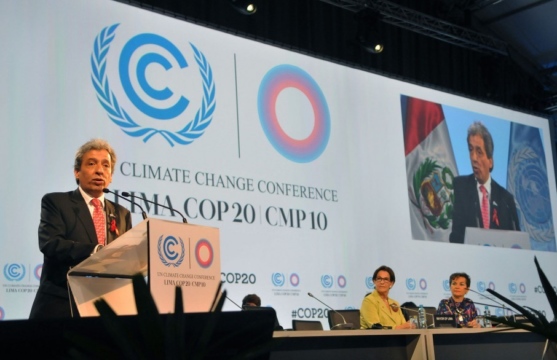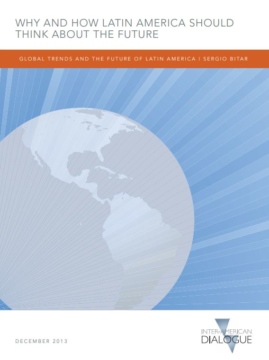
COP 21 & Climate Change Policy in Latin America
Though the COP21 negotiations promise to be complex, they also present an opportunity for the region to address existing vulnerabilities.
Though the COP21 negotiations promise to be complex, they also present an opportunity for the region to address existing vulnerabilities.
The electrification of the transportation sector is crucial to reducing carbon emissions and tackling global climate change.
Rousseff’s upcoming visit presents an important opportunity to advance the global climate agenda.
In December, world leaders will travel to Lima, Peru to participate in United Nations COP 20 talks.
Over the past decade, many Latin American governments have made significant strides in developing domestic policies that have succeeded in reducing poverty and strengthening democratic institutions. Yet the impact of profound transformations in the global economy, climate change, and new information and communication technologies makes it clear that the region’s future will be inextricably connected to developments taking place beyond the borders of individual nations.
As global temperatures continue to rise with the global community stalled on any way to stop them, countries must prepare to adapt to increasingly volatile environmental conditions.
In the past year, the Bolivian government has emerged as an outspoken critic of climate change policies.



